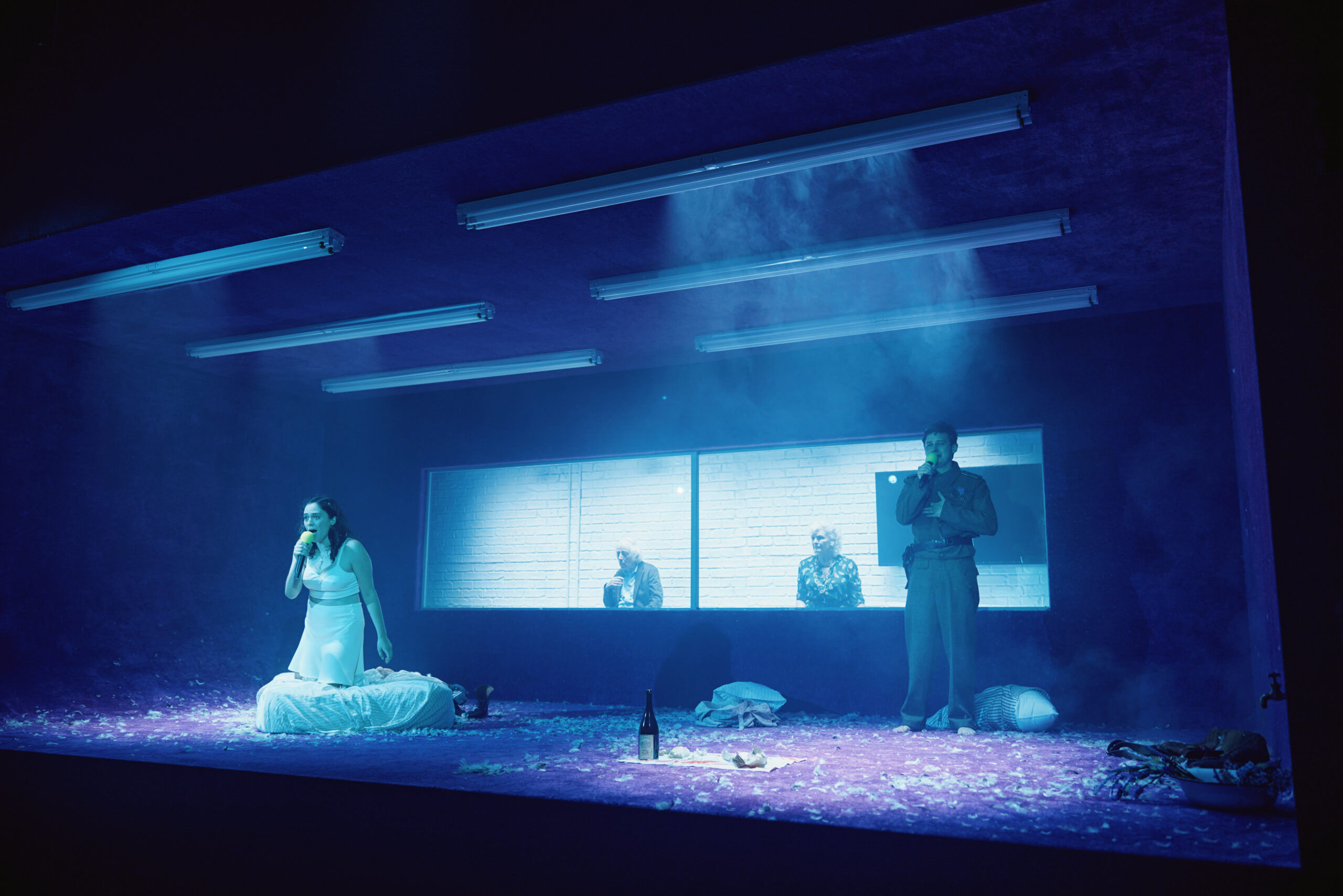By Laura Collins-Hughes
Jan. 18, 2022


CRITIC'S PICK
‘This Beautiful Future’ Review: Love Glows in War’s Shadow
A gimlet-eyed romance involving a girl and a young Nazi soldier in Occupied France by the playwright Rita Kalnejais.
Get Tickets
If the wartime teenagers at the center of “This Beautiful Future,” could project themselves across the decades to our time, they might recognize that spirit of getting on with things, carefully.
Not that Elodie, a 17-year-old in Chartres, France, has much patience for caution herself. It is August 1944, a critical point in World War II, but she is smitten with a boy, and that overrides everything big and scary that the grown-ups have set in motion in the world.
Otto is 16 and new in town, bashful and awkward and easy to tease. The first time they speak, Elodie razzes him reflexively. But there is a sweetness to him that she falls for, and on the night when they meet in an abandoned house with thoughts of sex and romance swirling in their heads, she wants him to dance with her.
“I don’t usually dance,” he says.
“Why not?” she asks.
“’Cause the girls say no.”
Smart girls.
Despite the enchanting haze of wistfulness that hangs over “This Beautiful Future,” by Rita Kalnejais, an Australian playwright based in London, the play is a gimlet-eyed romance. Its lovers are as young and unworldly as Liesl and her Nazi boyfriend, Rolfe, in “The Sound of Music.”
“This Beautiful Future” achieves a remarkable, aching alchemy, not because Elodie and Otto are star-crossed but because they’re ordinary, and because if not for the war, they might have retained their innocence.

Otto is a Nazi, a member of the occupying force; Elodie pushes away her discomfort at that. She is too naïve to realize that her Jewish neighbors who were arrested will not be coming back, or that Otto — the kind of wide-eyed, easily led soldier who fanboys the strongman he calls “Mr. Hitler” — has shot local people dead.
Kalnejais frames their story with a benevolent pair of elders, played in Jack Serio’s wonderfully cast production by Angelina Fiordellisi and a rumpled-to-perfection Austin Pendleton. From their upstage karaoke booth on Frank J. Oliva’s set, they watch over the young couple with sympathy and concern. Between scenes, they sing (or, in Pendleton’s case, speak-sing) songs from Elodie and Otto’s time and our own, and utter laundry lists of simple things they would change if they got a do-over in life.
“I wouldn’t lose sleep over money,” he says. “Or being unlovable.”
“I’d sleep knowing it all changes by morning,” she says.
Elodie and Otto, just starting out, don’t have that kind of wisdom yet. But they do have hope, and you can hear it in their plans for a sunny future together. They have no idea how vulnerable they are, or how brutal the world is prepared to be.
Otto might have some clue, though, if only he would listen to himself.
“There’s nothing cruel about choosing who lives and who dies,” he says, defending his mission. “We’re not just randomly picking people off. I couldn’t do that. This is about choosing a future where everyone’s clean.”
What might this morally warped boy have been — what might the world have been — if Hitler had taken an office job instead of going into politics? “This Beautiful Future” wants to know.
With an ending that’s gentle and wondrous and fragile as new life, it is a play about choosing, step by step, a genuinely better future — and about what might have been, what never should have been and what can’t ever be taken back.
This Beautiful Future
Through Oct. 30 at Cherry Lane Theatre, Manhattan; thisbeautifulfuture.com. Running time: 1 hour 15 minutes.
This article is a review of the premiere of “This Beautiful Future” at Theaterlab which subsequently transferred Off-Broadway to Cherry Lane Theatre, where it opened on September 20, 2022, and is currently running.

